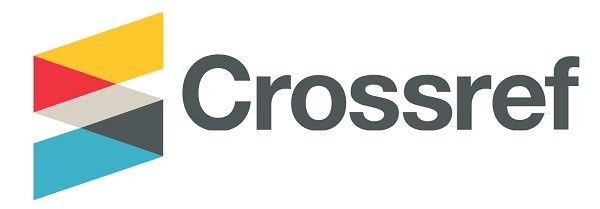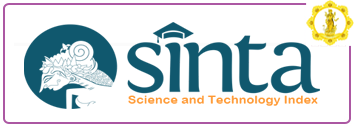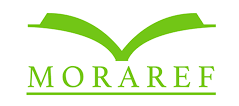Trends In School Enrollment And Graduation: The Experience Of Educational Management Students In The Graduate School
DOI:
https://doi.org/10.25078/jpm.v6i1.1302Keywords:
Enrolment, Graduation, Educational Management, PhilippinesAbstract
The study looked into the trends in the enrollment and graduation of educational management (EdM) students in a teacher education institution in Manila. Considering the challenges of graduate students who are also teachers or supervisors in their respective schools, it may be difficult for them to manage work and studies simultaneously which may lead to dropping from the course or unsuccessfully completing their masters and doctoral studies. Based on the data, it found out that enrollment in the master’s level decreased but is stable in the doctoral level in the last six academic years (2013-2014 to 2018-2019). In particular, there is a significant decrease in summer enrollment in both levels. There were more female than male students who enrolled in the program. In terms of successful completion, the number of graduates is significantly low and more female than male students graduated.
Downloads
References
Allen, H., Lilly, F., Beck, K., Vincent, K., Arria, A. (2019). Graduate degree completion: Associations with alcohol and marijuana use before and after enrolment. Addictive Behavior Reports, Volume 9, 1 – 18.
Altonji, J., Arcidiacono, P., & Maurel, A. (2016). The Analysis of Field Choice in College and Graduate School: Determinants and Wage Effects. Handbook of Economics of Education, Vol. 5, pp. 305 – 396.
Baum, S. & Steele, P. (2017). Who Goes to Graduate School and Who Succeeds? AccessLex Institute Research Paper No. 17-01. Accessed Janaury 1, 2020 from https://papers.ssrn.com/sol3/papers.cfm?abstract_id=28984
Civil Service Commission. Memorandum Circulars.
http://www.csc.gov.ph/2014-02-21-08-22-34/2014-02-21-08-22-57.html
Commission on Higher Education. Annual Reports.
https://ched.gov.ph/statistics/
English, David and Paul D. Umbach. (2016). "Graduate School Choice: An Examination of Individual and Institutional Effects." The Review of Higher Education, vol. 39 no. 2, p. 173-211. Project MUSE.
Hess, F. & Kelly, A. (2007). Learning to Lead: What Gets Taught in Principal-Preparation Programs. Teachers College Record, 109 (1), pp. 1 – 28.
Jackson, B. & Kelley, C. (2002). Exceptional and Innovative Programs in Educational Leadership, Educational Adminstration Quarterly, 38 (2), pp. 192 – 212.
Jazaieri, H. (2017). Compassionate education from preschool to graduate school. Journal of Research in Innovative Teaching & Learning, 11 (1), pp. 22 – 66.
Levin, H., Belfield, C., Muennig, P., & Rouse, C. (2007). The costs and benefits of an excellent education for all of America's children (Vol. 9). New York, NY: Teachers College Press.
Miller, A. & Orsillo, S. (2020). Values, acceptance, and belongingness in graduate school: Perspectives from underrepresented minority students. Journal of Contextual Behavioral Sciences,15 (1), pp. 197 – 206.
The Council of Graduate Schools. (2016). Degree Completion.
https://cgsnet.org/degree-completion
The National Center for Education Statistics (2019). Postbaccalaureate Enrollment.
https://nces.ed.gov/programs/coe/indicator_chb.asp
Yi, D., Laux, J., Salyers, K., Kozelka, S. (2017). Personality and Graduate Academic Performance Among Counselor Education and Psychology Students. School Psychology Forum, 11 (3), pp. 105 – 122.









